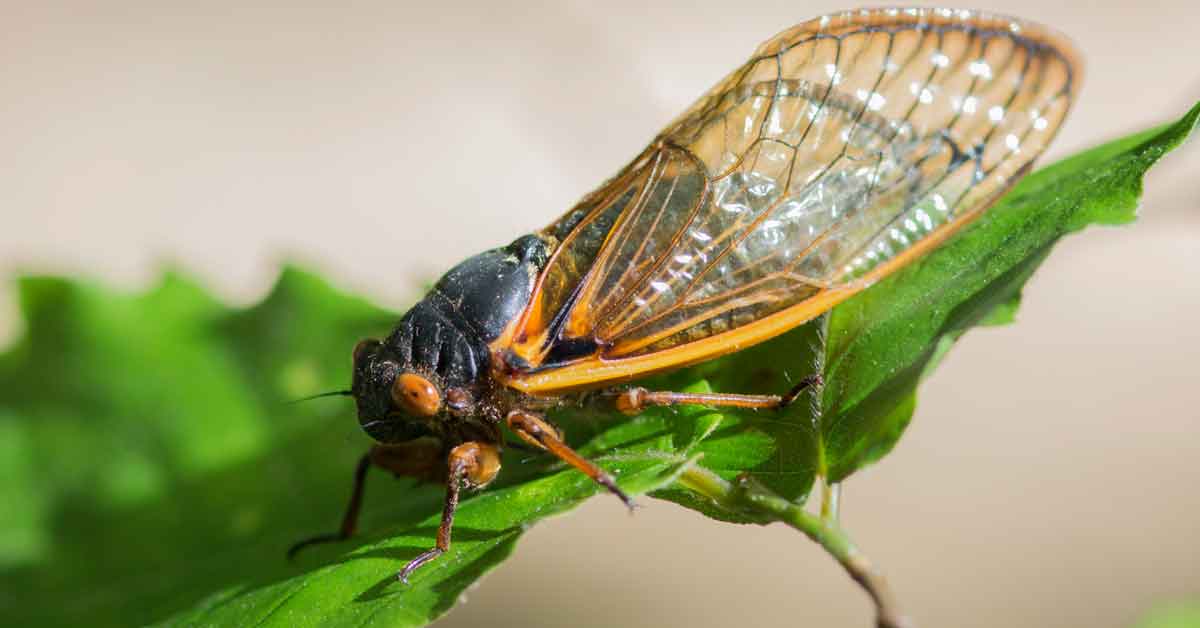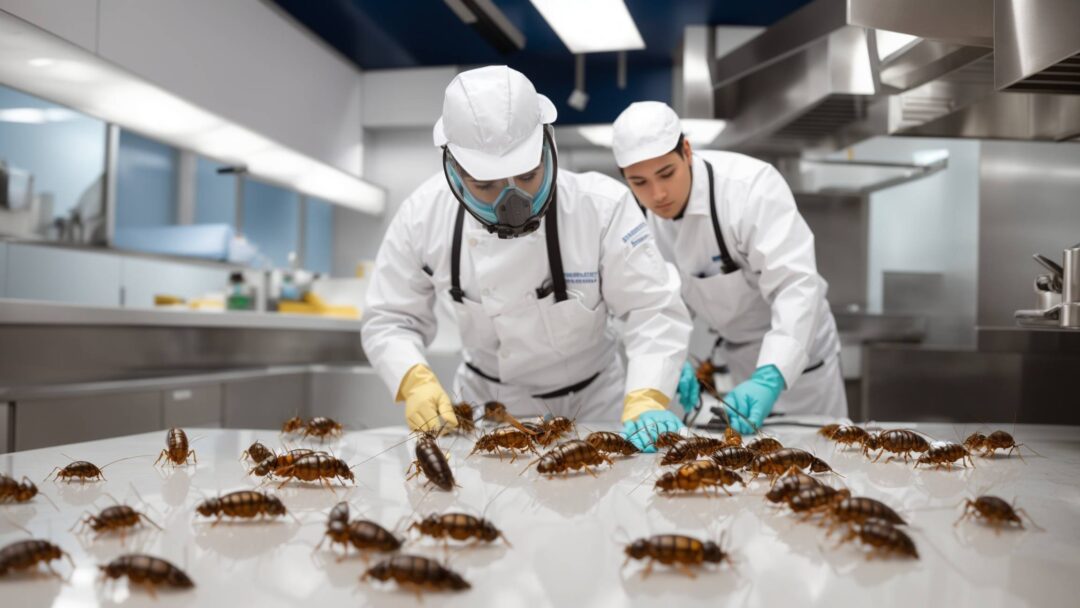Are you struggling to decide when you should tackle pest management on your own and when it’s best to call in a professional? Depending on the situation, DIY solutions can be effective, but sometimes turning to an expert makes all the difference. This article will guide you in deciding whether to DIY or dial for effective pest management.
Well look at various scenarios and analyze which approach is most suitable for each one. Read on for valuable insights into how you can protect yourself and your property from pests!
Identifying Common Pests
Effective pest management starts with identifying common pests. Knowing the type of pest you are dealing with helps you decide whether to take on a DIY project or dial for professional help.
To identify common household pests, look out for certain signs such as small holes in walls and clothing, droppings, gnaw marks on wood and furniture, telltale odors, and insect webs. Once identified, research their habits to determine if they pose an immediate risk or can be handled safely by yourself.
Some of the most commonly encountered pests include cockroaches — which can spread germs around your home – rodents that may cause structural damage due to burrowing from one place to another; ants that infest food storage areas; bed bugs that feed off human blood while we sleep; wasps which build nests near windowsills and doors; fleas whose bites can cause serious illnesses in pets and humans alike; termites that weaken wooden structures like floors and furniture over time; spiders known for their ability to spin webs almost anywhere indoors or outdoors. By understanding these signs of infestation, you will be able to make informed decisions about how best to tackle your problem – either through DIY techniques or seeking professional assistance.
Preventative Measures

Source: ecopest-control.com
When it comes to preventing pest infestations, there are a few things that can be done to ensure the most effective pest management. First and foremost, properly sealing any cracks or holes in walls and foundations should be one of the top priorities when it comes to prevention.
This will help prevent pests from entering your home in the first place. Keeping food stored away securely will also help reduce the risk of attracting pests as they won’t have anything readily available for them to feed on. Additionally, keeping outdoor spaces tidy by regularly removing trash or debris will discourage many types of bugs from taking up residence near your house.
Finally, regular cleaning and maintenance inside can go a long way towards reducing potential pest infestations since dirt and clutter provide ideal hiding spots for unwanted guests!
Long-Term Control Plans
When it comes to long-term control plans for effective pest management, the key is finding the right balance between DIY initiatives and professional assistance. Depending on the type of infestation you are dealing with, certain strategies may be more appropriate than others.
For example, if the pests in question are rodents or other small mammals that have infiltrated your home or business space, a combination of traps and bait along with regular sanitation protocols (such as proper food storage) can help to minimize their presence over time. On the other hand, if youre dealing with cockroaches or termites that require specialized treatments like fumigation or tenting services, it’s best to trust a qualified pest control expert who can determine an effective course of action.
Regardless of which approach you take when managing your pest problem(s), having a clear understanding of exactly what needs to be done will ensure successful results in both the short and long term.
Serious Infestations & Health Hazards

Source: www.gardentech.com
When it comes to serious infestations and health hazards, the risks can be very real. It is not recommended that you take on a pest management problem yourself if the severity of the issue is beyond your control.
Doing so could put your family’s or pets’ safety at risk from potentially dangerous chemicals and diseases carried by pests. Pests such as rats, mice, cockroaches, and mosquitoes are known for spreading viruses like Hantavirus Pulmonary Syndrome (HPS), West Nile Virus (WNV), and Zika virus. Even worse, some species of spiders—particularly brown recluse spiders—are venomous and their bites can cause intense pain or illness in some cases.
In these instances, calling an experienced professional should be your priority to assess the situation before attempting any DIY solutions.
Conclusion
Pest management can be tricky, but with the right knowledge and timing, you can take control of your situation. Knowing when to DIY or call an expert is key to effective pest management.
If you are in Blacktown, Expert Pest Control in Blacktown offers comprehensive solutions tailored to your specific needs. With their experience and expertise, they will ensure that any problem is solved quickly and efficiently.
Don’t let pests disrupt the peace of your home – make sure to use this guide as a reference when deciding what solution best fits your situation!




